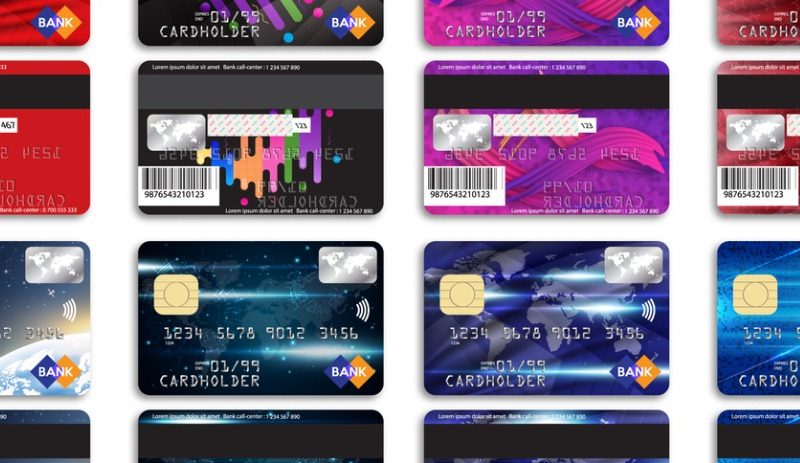Sick of paying through the nose for power? Here’s how to switch (and save)
Switching power companies sounds straightforward. And it is. It’s just not quite as simple to get the best deal from electricity and gas suppliers as it appears in the adverts. Armed with a bit of knowledge, however, I promise you it’s almost impossible not to find a better deal. Unless, that is, you’ve already switched in the past few months.
Step 1: Choose your site
There is a bunch of comparison websites that claim to get you the best deal – just do a google search and try a few.
Step 2: Know your number
Power costs are very individual and depend on where you live. You need to have your current bill handy. Look for your ICP number on your bill. It will be a minimum of 11 characters, such as 680207NV1F0.
Step 3: Enter your details
You’ll be asked to enter your electricity (and gas) usage from that bill along with the dates it covers and click to compare.
Step 4: As clear as mud
Then the fun stuff starts. One of my colleagues describes the offers as “Confusopoly”. One throws in this and another that. Those thises and thats include magazine subscriptions, account credits, introductory prices, Airpoints dollars, fixed rates for a period and you name it. Weigh these all up to make sure you’re selecting the right one for you.
Step 5: Do you want fries (AKA phones) with that?
Many of the electricity providers also provide internet, mobile, and other services. As soon as you start bundling these all together it becomes harder to work out if you’re really getting the best deal. Your current mobile provider, for example, may have all you can eat phone calls within New Zealand, but the new one charges. You might just want to stick with individual providers. Or at least work out how much you’ve spent on the entire bundle in the past year.
Step 6: Double-check everything
You do need to cross reference the electricity companies’ websites and to read the fine print. The contracts are sometimes full of complex clauses.
Step 7: Watch out for penalties
If you switched companies within the past two years or took a new deal from your existing provider you could have signed yourself up for a fixed term with penalties if you break the contract early.
Step 8: Check the door-to-door guys
The companies that come door-to-door sometimes do have good deals, but not always. If you’re really sneaky you can sign up to the offer and wait for your existing company to call you with a better “retention” offer that you can’t get as an existing customer.
Step 9. Just do your best
Unless you’re a spreadsheet ninja, accept that you might not have clinched the absolute bargain of the century, but have probably saved money. Give yourself a pat on the back and make a diary note for one or two years’ time or whenever your fixed contract ends.
Step 10: Here’s the rub
I did my own numbers on Powerswitch, Glimp and Switchme. Powerswitch asked me many more questions about my usage and I do think I trust it more. It recommended Contact Energy with an estimated cost of $1970 spend per year. Glimp told me I was on the right company/plan already and would pay $2073 a year. Switchme claimed my bill would be $1561 per year, but didn’t ask sufficient questions to make me trust it. Power Compare makes comparisons solely on my address, which isn’t enough to get a good picture of what I could save.
Whew! Does that sound like a whole lot of work? It is a bit of work. But saving money always feels good, so give it a go.
The information in this blog post is general in nature and does not constitute personal financial or professional advice. It is not intended to address the circumstances of any particular individual. We do not guarantee the accuracy and completeness of the information and you should not rely on it. Before making any decisions, it is important for you to consider your personal situation, make independent enquiries and seek appropriate tax, legal and other professional advice.
Credit Simple
Credit Simple gives all Kiwis free access to their credit score, as well as their detailed credit report. See how your credit score compares by age, gender and community and gain valuable insights into what it all means.
All stories by: Credit Simple


